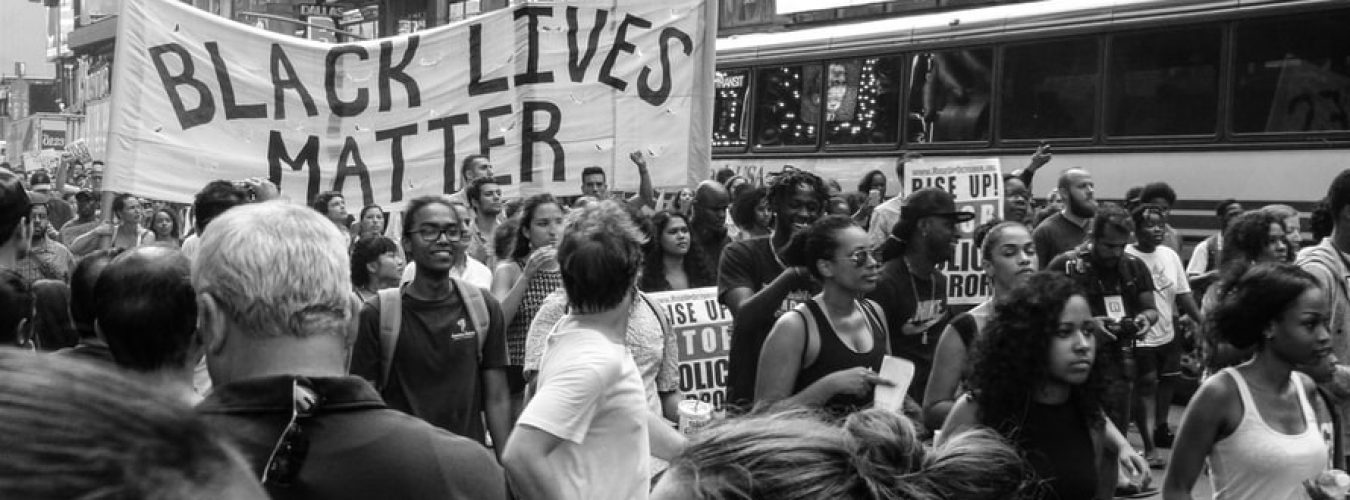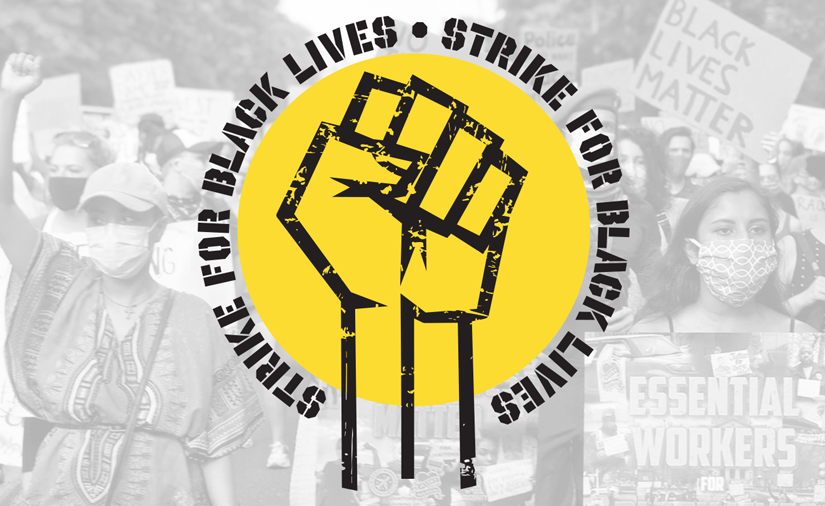In Memphis, employees at AT&T call center and logistics held demonstrations over similar matters. Demonstrators called for the company not just to advertise their belief that black lives matter, but to actually take the necessary steps to protect their black workers. Some businesses encouraged their workers to participate in the Strike for Black Lives. For instance, Airbnb shared tips on how to join the demonstrations and allowed employees to take paid time off to participate in the Strike for Black Lives.
In New York, a member of the Teamsters Local 804 and Long Island City UPS driver Antoine Andrews, led over one hundred workers in a demonstration in front of their work premises. The aim of the demonstration was not to strike, but rather to express solidarity with the Black Lives Matter, and challenge their employer to take inequality matters. Antoine Andrews, who has been working at UPS for more than 20 years, spoke on the importance of social justice, invoking John Lewis’ legacy and the famous Washington march for freedom and jobs in 1963. In his remarks, Andrew urged workers to do their moral responsibility whenever they witness something that is not just, right, or fair. He also added that whenever a person witnesses an injustice they have a variety of options; sit or stand; speak out and be heard, or remain quiet and be complicit. He also encouraged the workers to let it be known where they stand on the issue of systemic racism and to carry on the fight because it is not just for them but for their children and future generations as well.
In Oakland, San Francisco, Los Angeles, and many other cities in California, demonstration for the Strike for Black Lives were organized by the Service Employees International Union, which is one of the largest unions in America, (as well as American Coradius International) most of whose close to two million members comprise essential low-wage employees who have been among the most affected by the coronavirus pandemic and continue to work amid the pandemic. The demonstrations aimed to highlight support for racial justice by the labor movement in the wake of systemic racism and police brutality which has led to the loss of black lives including that of George Floyd who died in police custody in Minneapolis in May 2020.
In South LA, a caravan of several hundred trucks and cars drove through the streets with signs of Strike for Black Lives on their windows written in Spanish and English. One of the banners by the demonstrators even called for the abolition of the USC police. The LA demonstrators assembled on Crenshaw Boulevard, at a McDonalds, where they blocked the road for 8 minutes and forty-six seconds–the same amount of time that a white police officer held his knee above the neck of George Floyd before he died.
Several hundred strikers in San Francisco banged their drums as they marched on City Hall hoisting banners with messages such as “You should not have to die to feed your family,” “Essential workers for Black Lives Matter,” “Justice for janitors,” and “Share the prosperity.”

